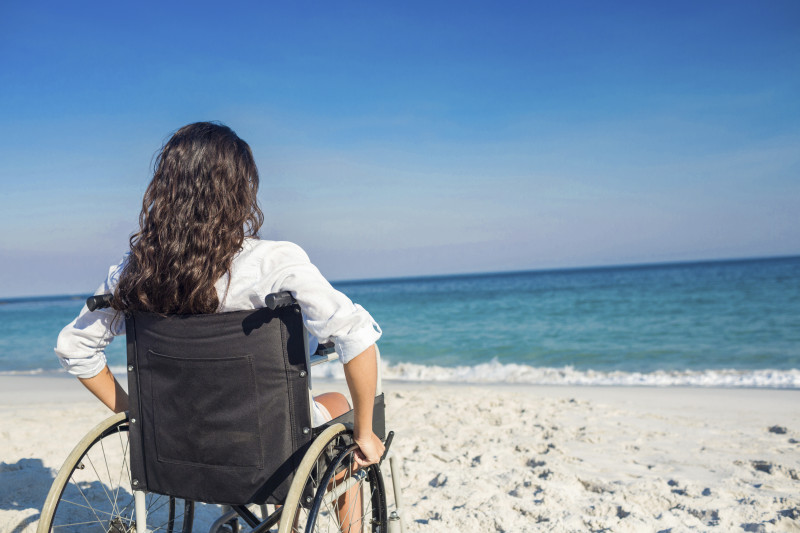
In Part 1, we began to look at some of the factors you should consider before you decide to accept a settlement from Depuy or not. Now let’s dig a little deeper . . .
Two Recent Depuy ASR Jury Verdicts
As the Depuy ASR Hip Settlement was being negotiated, two cases involving the alleged failure of the Depuy ASR hip were tried to a jury, one in Los Angeles and one in Chicago. In Los Angeles, a jury awarded $8,338,000.00 to Loren Kransky, who suffered from extremely high metal levels in his blood (the jury awarded $338,000 in medical expenses and $8,000,000 in pain and suffering damages but did not award punitive damages). In Chicago several weeks after the Kransky trial, a jury found that Depuy was not negligent and that the injury to Carol Strum was more likely caused by her unique health issues, particularly her sensitivity to elevated metal levels in the blood. In the Chicago case, therefore, Ms. Strum received no money at all.
 North Carolina Product Liability Lawyer Blog
North Carolina Product Liability Lawyer Blog






